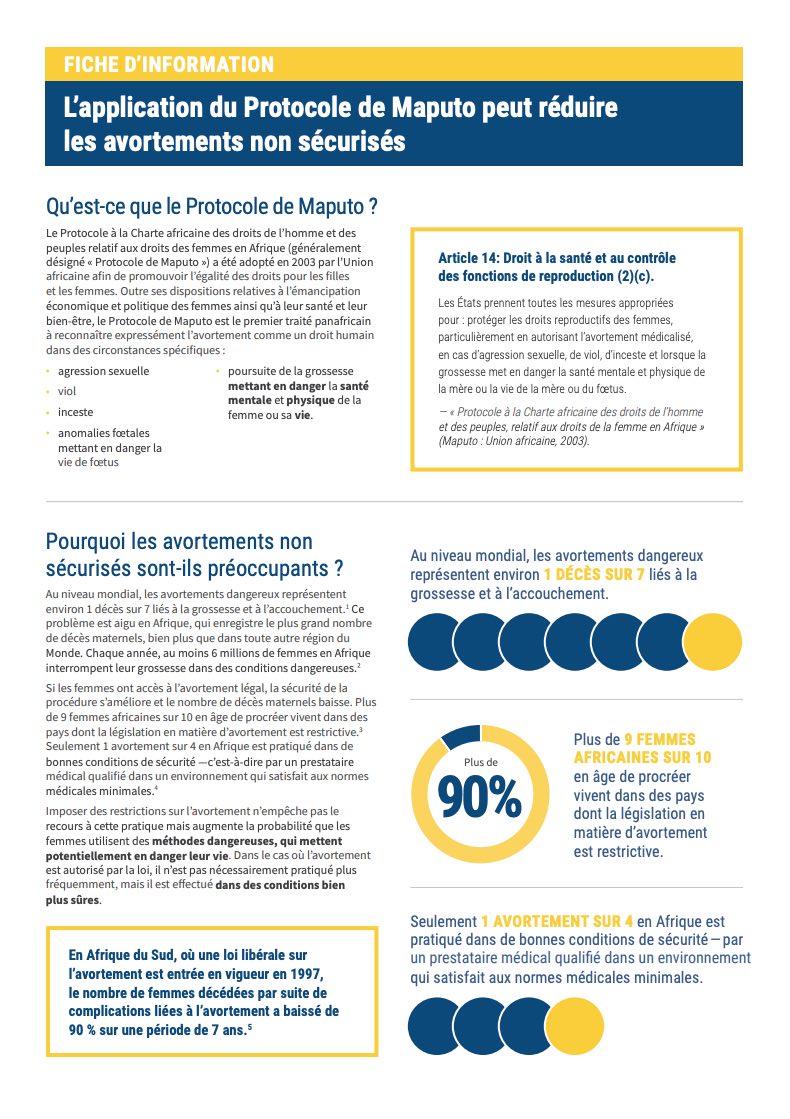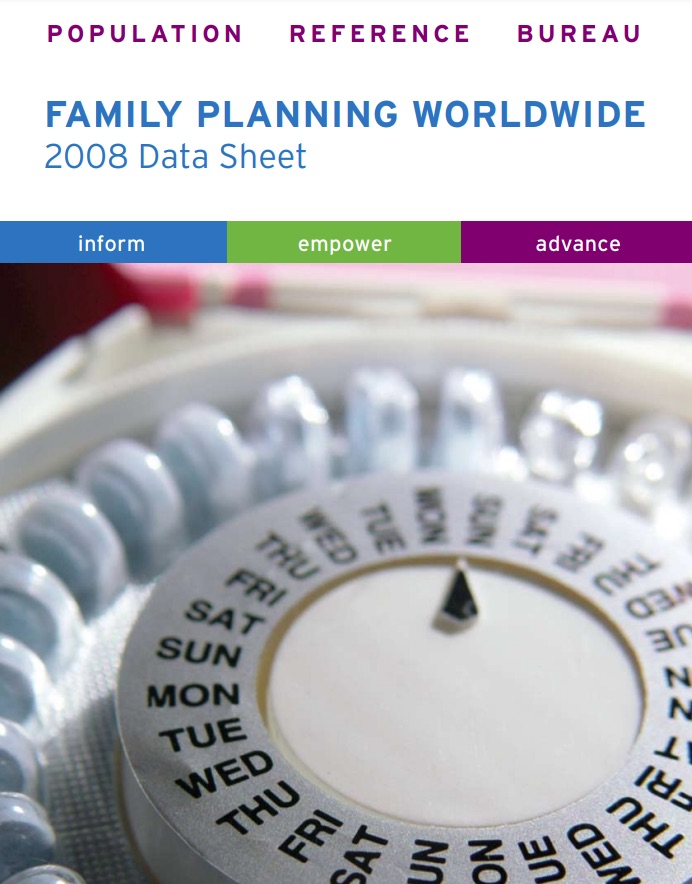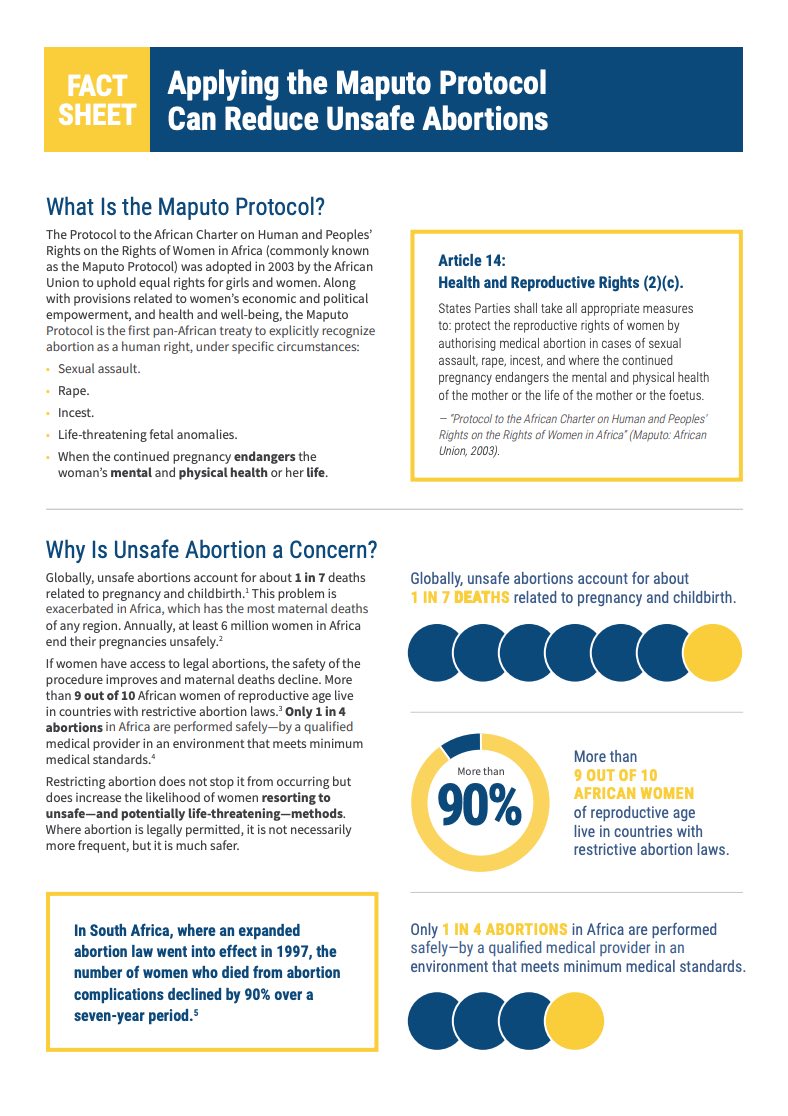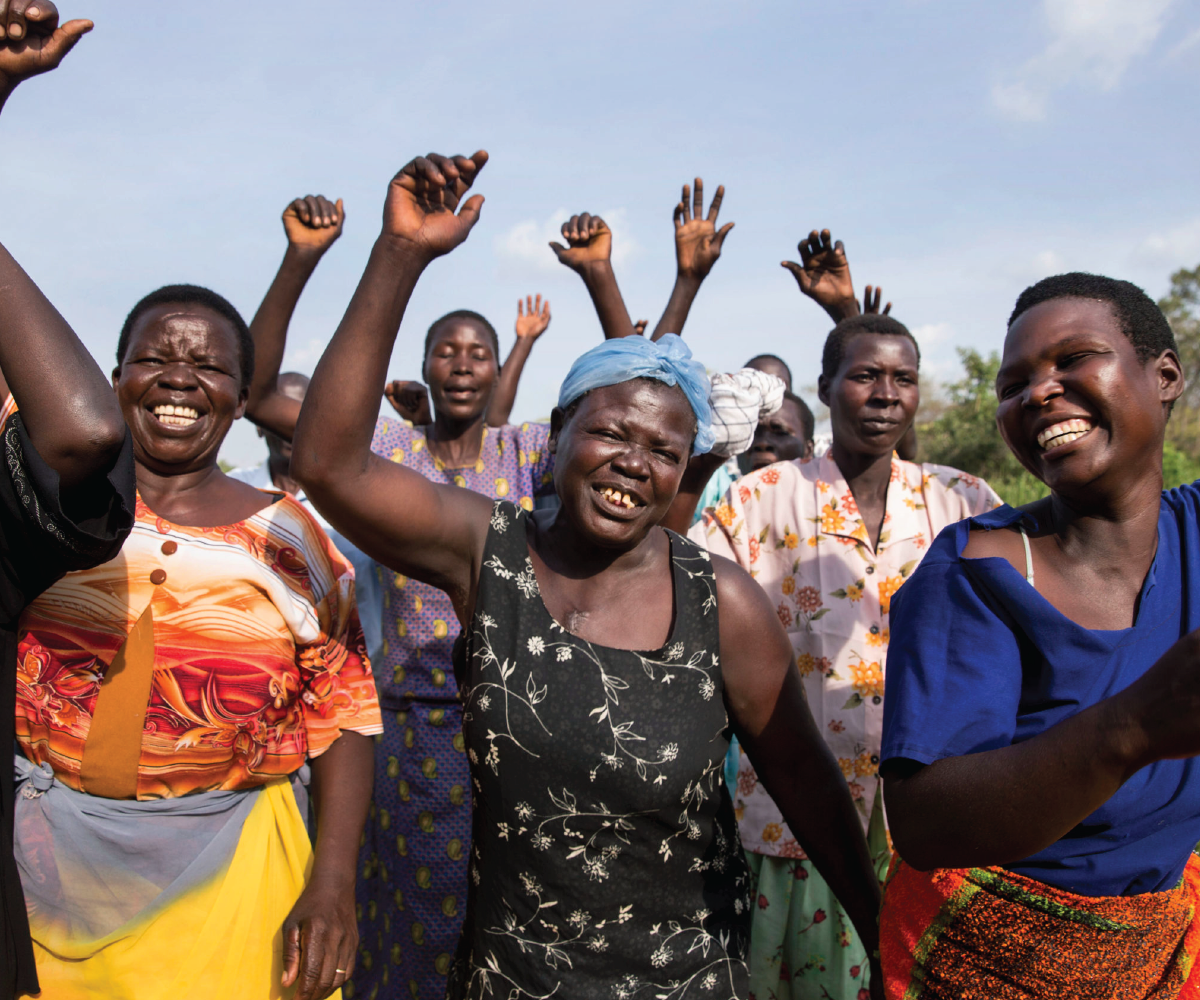Seven Lessons in Sustainability and Scalability for Digital Health Solutions
Updates to the mHealth Compendium’s family planning case studies highlight how programs have evolved, revealing insights on sustainability and scalability.

Updates to the mHealth Compendium’s family planning case studies highlight how programs have evolved, revealing insights on sustainability and scalability.
Budget experts, parliamentarians, and key stakeholders gathered to discuss Demographic Dividend Sensentive Budgeting (DDSB)

Project: Strengthening Evidence-Based Policy to Expand Access to Safe Abortion (SAFE ENGAGE)
Le Protocole de Maputo, adopté en 2003, constitue l’un des premiers cadres juridiques pour la protection des droits et des libertés des femmes et des jeunes filles en Afrique.
(2002) With its poverty and underdeveloped health systems and other infrastructures, it is certain that Africa will not be able to bring the HIV/AIDS epidemic under control as rapidly as it needs to if the continent has to rely only on its own resources.

(2008) The worldwide demand for family planning services is growing because of two trends: the burgeoning numbers of young people entering childbearing age and the increasing adoption of contraceptive use.

Project: Strengthening Evidence-Based Policy to Expand Access to Safe Abortion (SAFE ENGAGE)
(2011) It may seem odd to put "youth" and "chronic diseases" in the same category. Worldwide, not many young people currently suffer from chronic diseases such as diabetes, heart disease, stroke, cancer, and lung disease, so why worry?

Project: PROPEL Health
This how-to guide documents Uganda’s approach to developing and testing a self-care guideline, and illuminates a five-phase process that may be helpful for other countries looking to nationalize the WHO guideline.
(August 2006) The chimpanzees of Gombe National Park in Kigoma Region, Tanzania, have come under increased pressure from four decades of high human population growth in the region and an associated increase in human activity and disease.